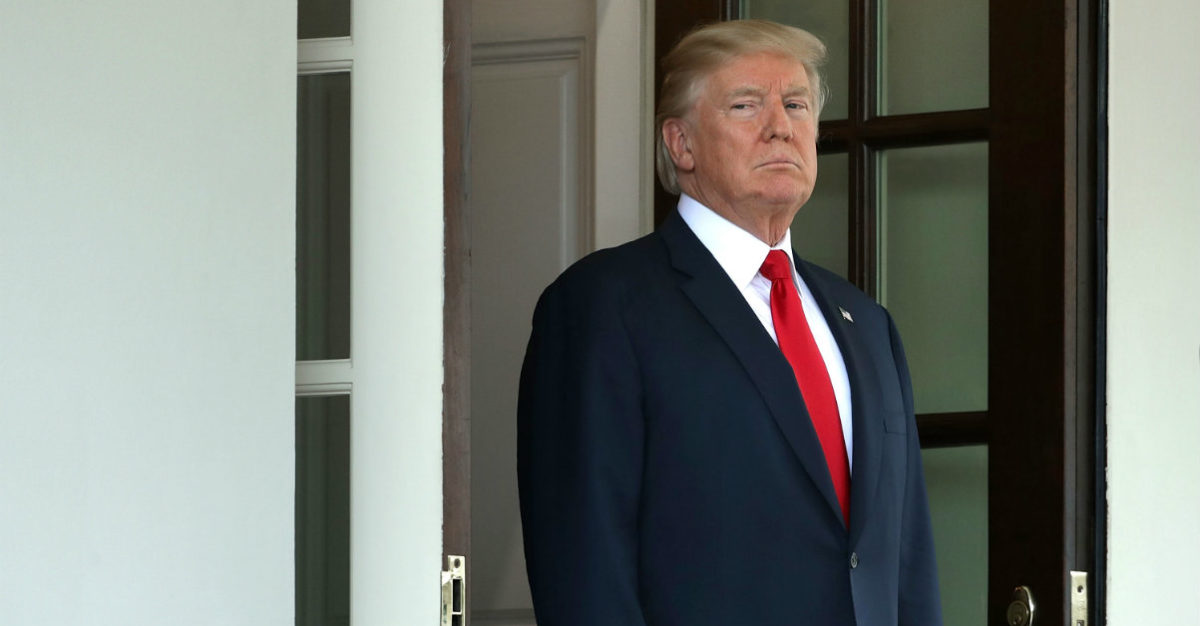
The death of Iran’s top military general Qassem Soleimani, who was killed in a drone strike authorized by President Donald Trump Thursday evening, came as news to many in Congress who were not informed of the administration’s planned military attack. However, that was not the case for several random members of the president’s private south Florida golf resort, Mar-a-Lago.
According to the Daily Beast, in the week leading up to the strike, Trump began “dropping hints to close associates and club-goers that something huge was coming,” and “specifically mentioned he’d been in close contact with his top national security and military advisers on gaming out options for an aggressive action that could quickly materialize.”
While Trump may have briefed a select group of Republican lawmakers – Sen. Lindsey Graham (R-S.C.) said Trump informed him of the operation during a trip to Mar-a-Lago earlier in the week — the four “Gang of Eight” Democrats were left completely in the dark.
In a classified briefing on the matter Friday, representatives from the State Department, the Office of the Director of National Intelligence, and the Pentagon told attendees that the U.S. had to eliminate Soleimani in order to prevent him from carrying out a plan to kill “hundreds or even thousands of Americans in the Mideast,” the report stated, a fact the administration relied upon to justify the legally-questionable use of lethal force.
“There was an imminent attack,” Secretary of State Mike Pompeo said on Fox News Friday. “What was sitting before us was his travels throughout the region and his efforts to make a significant strike against Americans. There would have been many Muslims killed as well — Iraqis, people in other countries as well.”
But two sources who were briefed on the strike told New York Times reporter Rukmini Callimachi that the administration’s only evidence of an imminent attack on American targets was “razor thin.”
According to Callimachi, the circumstantial evidence leading to the “imminent threat” conclusion was three-fold and included: Soleimani’s travel patterns, reports that Soleimani sought approval for an unknown operation, and Iran’s increasingly “bellicose position” towards American interests in Iraq.
One of Callimachi’s sources, who spoke on the condition of anonymity, said that based on the available evidence, concluding that an attack on Americans was imminent was an “illogical leap.”
In the aftermath of the attack, the Iraqi parliament will convene Sunday to discuss ordering the U.S. to leave the country.
[Image via Chip Somodevilla/Getty Images]
Have a tip we should know? [email protected]